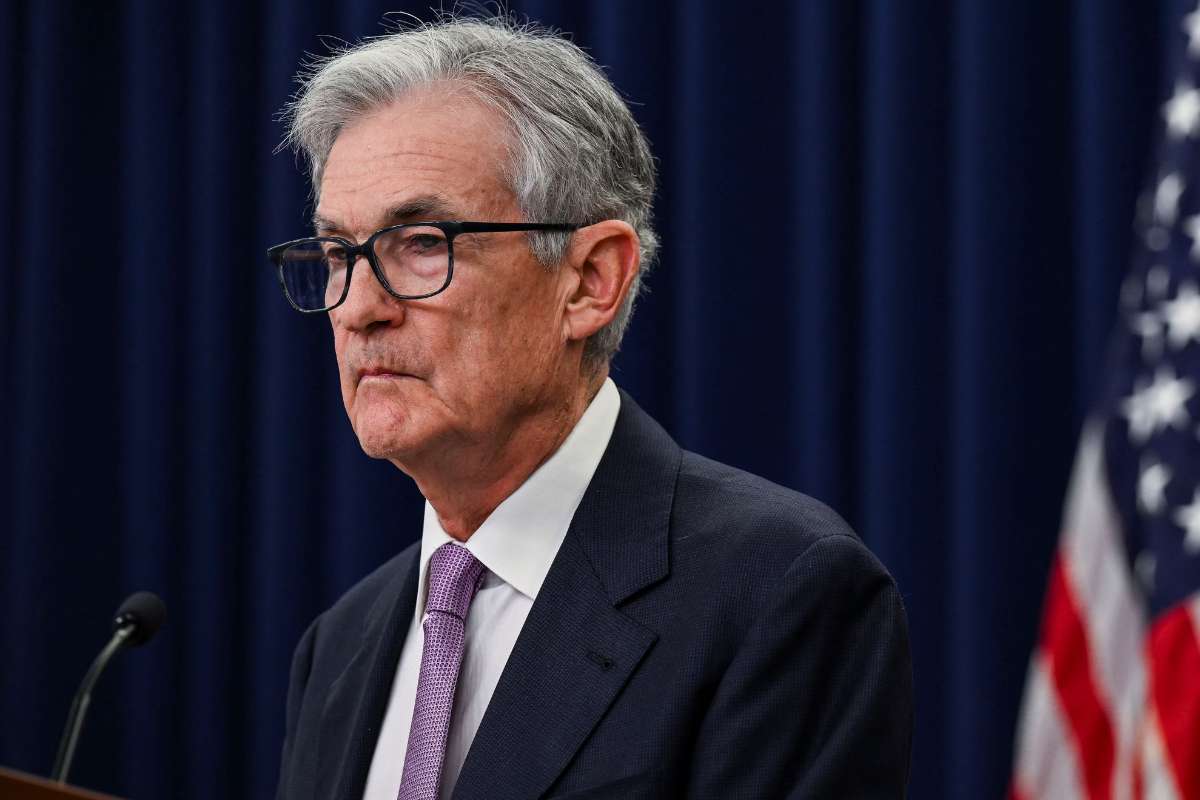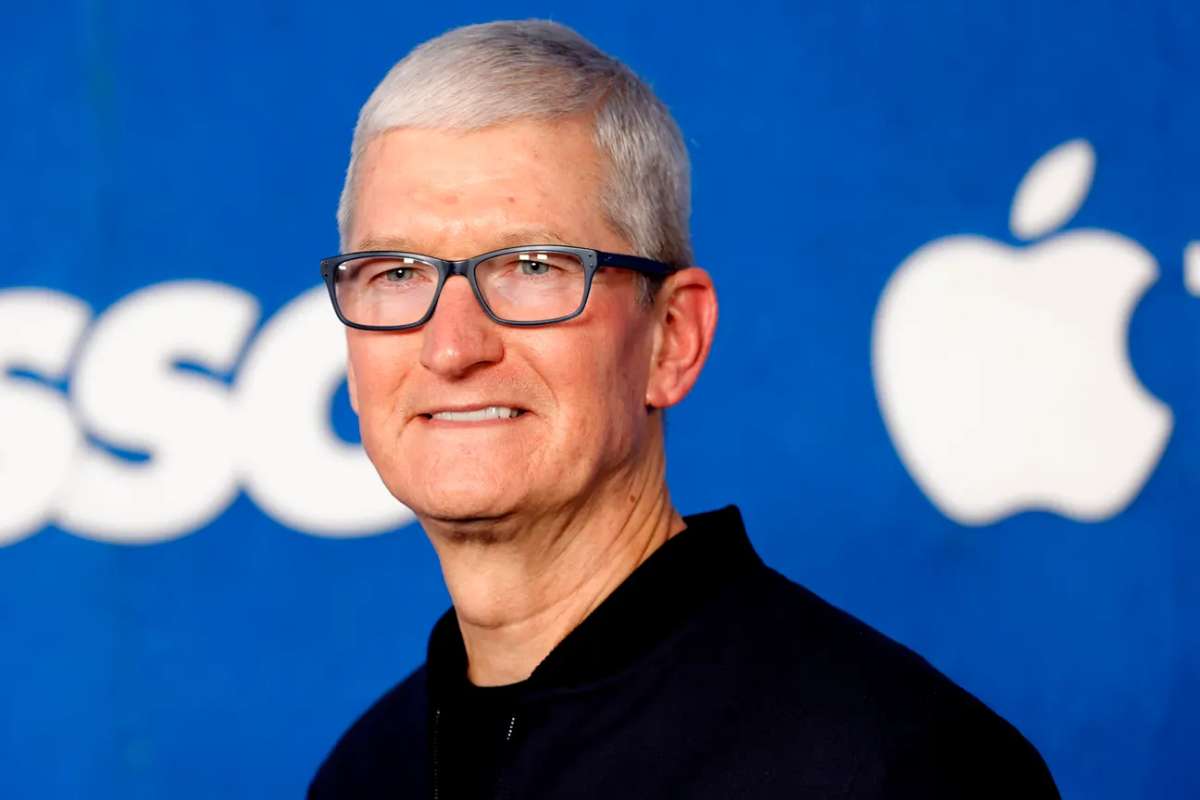Interest Rates and Economic Outlook
Federal Reserve Chair Jerome Powell emphasized to lawmakers on Tuesday that the central bank is not in a hurry to cut interest rates. Speaking before the Senate Banking Committee as part of his semiannual monetary policy report, Powell maintained that the current economic strength allows for a steady approach to monetary policy. His comments align with the broader sentiment among Fed officials and Wall Street, where futures trading indicates expectations for rates to remain unchanged at the upcoming Federal Reserve meeting in March.
“With our policy stance now significantly less restrictive than it had been and the economy remaining strong, we do not need to be in a hurry to adjust our policy stance,” Powell stated. He is set to testify before the House Financial Services Committee on Wednesday, where discussions are expected to continue regarding economic stability and inflation control.
Debate Over Consumer Financial Protection Bureau
A significant portion of the hearing centered around the Consumer Financial Protection Bureau (CFPB), an agency originally designed to operate independently of political influence. The agency, which has returned more than $21 billion to consumers, became a focal point of partisan debate. While lawmakers in favor of the CFPB stressed its role in protecting consumers from financial malpractice, critics argued that the agency lacks proper oversight and accountability.
The debate intensified following recent developments at the CFPB, where new leadership at the Office of Management and Budget resulted in the abrupt closure of the agency’s Washington, D.C. headquarters. Protests erupted outside the office as concerns mounted over the future of consumer protections.
Senator Elizabeth Warren, a vocal supporter of the CFPB, warned that dismantling the agency could open the door to widespread financial misconduct, stating, “If the CFPB is eliminated, it’s like putting a sign on every checking account, every credit card, every mortgage application, and every car loan that says: cops have been fired, let the scams begin.”
However, some lawmakers countered that the core regulatory framework remains intact, with banks still subject to audits and oversight from other financial regulators. Federal Reserve Chair Jerome Powell acknowledged that while the Fed has some residual enforcement authority, the bulk of consumer financial oversight now falls under the CFPB, following reforms enacted after the 2008 financial crisis.
Trade Policies and Economic Uncertainty
The hearing also touched on recent economic policies, including the introduction of tariffs and their potential impact on global trade. New import duties on steel, aluminum, and Chinese goods have raised concerns about rising costs for American businesses and consumers. While Jerome Powell refrained from commenting directly on tariff policies, he reaffirmed his past stance on the benefits of free trade, while acknowledging that economic conditions have changed due to evolving global trade practices.
Economic uncertainty has increased in response to recent policy shifts. The National Federation of Independent Business’ Uncertainty Index surged in January, reflecting concerns over trade policies and potential inflationary effects. Meanwhile, consumer sentiment, as measured by the University of Michigan, showed a decline amid fears of rising costs and market instability.
As the Federal Reserve continues its cautious approach, Jerome Powell testimony underscored the balancing act between fostering economic growth and ensuring financial stability in an evolving policy landscape.











